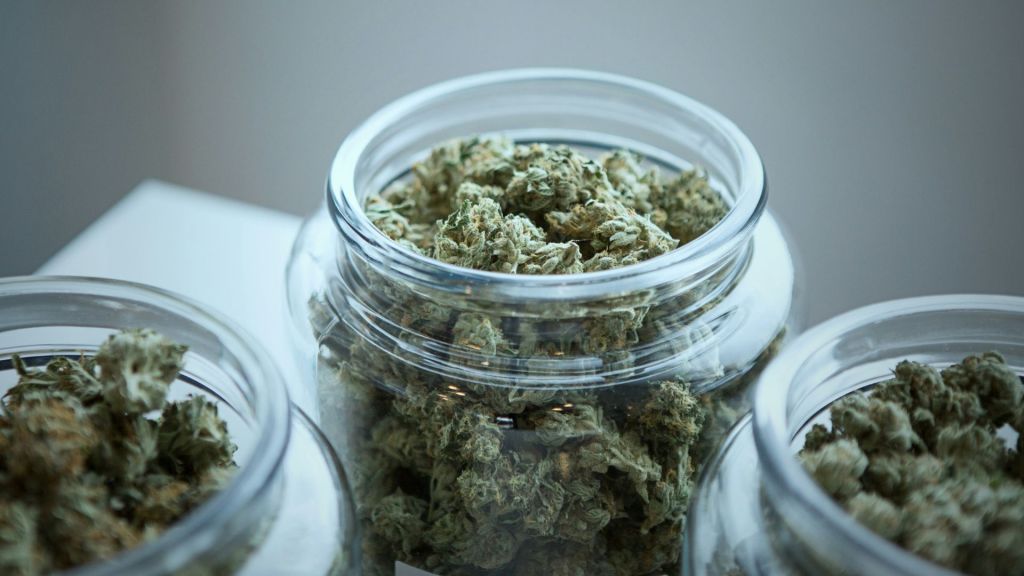By Megan Sayles
AFRO Business Writer
msayles@afro.com
It’s been a little over a year since Marylanders, aged 21 and older, were permitted to possess recreational cannabis. The greenlight came after voters approved a referendum in 2022 that legalized the plant for adult use.

Credit: Unsplash/ Budding
As with any new law, the public has encountered some uncertainty around compliance and the implications of the legislation. The Maryland Commission on Civil Rights (MCCR) recently hosted a Cannabis Symposium to clear up confusion.
“Since the passage of this legislation, the Maryland Commission on Civil Rights has noticed a plethora of misinformation about the law,” said Cleveland L. Horton II, acting director of the MCCR. “With that being stated, we provided an opportunity to educate the public regarding the state and federal laws surrounding cannabis.”

Photo courtesy of LinkedIn
Much of the information session’s focus was rooted in how cannabis use can impact a person’s hiring and employment. Under Maryland law, employers are authorized to test for the use of cannabis and to take action against employees who test positive for its use.
“There are some additional questions left unanswered, specifically as it pertains to employment,” he continued. “The Maryland Commission on Civil Rights deemed it necessary to start the dialogue to develop an educated approach and a plan to address the myriad of issues left unanswered since the passage of the referendum.”
In its initial draft, the legalization legislation made clear that it did not prevent any employer from denying employment to or disciplining an employee for cannabis use. But, the section was later struck from the legislation.
Delegate Nicole A. Williams (D-22) said this was in part because policymakers wanted to emulate the state’s laws for alcohol.
“We basically treated it the same as alcohol, and that was our advice to employers across the state,” said Williams. “If you would not allow your employee to come to work drunk, then that would hold true in terms of them coming to work high from cannabis.”

Williams also acknowledged that certain industries have voiced concerns since adult-use legalization.
“Some of the industries that rely on safety and sobriety with their workers, like construction in particular, have worries about their employees partaking whether it’s for recreational or medical use and how that could affect them or others around them on a jobsite,” said Williams.
There are also challenges around testing for cannabis impairment. Unlike alcohol, there is no standardized measurement for cannabis intoxication. The drug can also be detected in the body long after a person is sober.
“You can do a blood test to get a level of THC per blood content, but that does not necessarily correlate with whether or not someone’s impaired in the moment,” said Andrew Garrison, chief of the office of policy and government affairs for the Maryland Cannabis Administration. “A lot of the instant impairment tests that are being developed are more so based on cognition and response time rather than any biological indicator of recent consumption.”
This not only has implications for employment but also for driving under the influence. Williams says solutions are in the works for cannabis testing, but it’s unclear how effective they are.
“There are some products out there, but they are still being vetted at this time,” said Williams. “I don’t think they have been certified as being as accurate as a breathalyzer at this point, but I know a number of companies are working on various types of technology to do a better job of testing for impairment.”
The post Maryland Commission on Civil Rights addresses employment and recreational cannabis use appeared first on AFRO American Newspapers.











